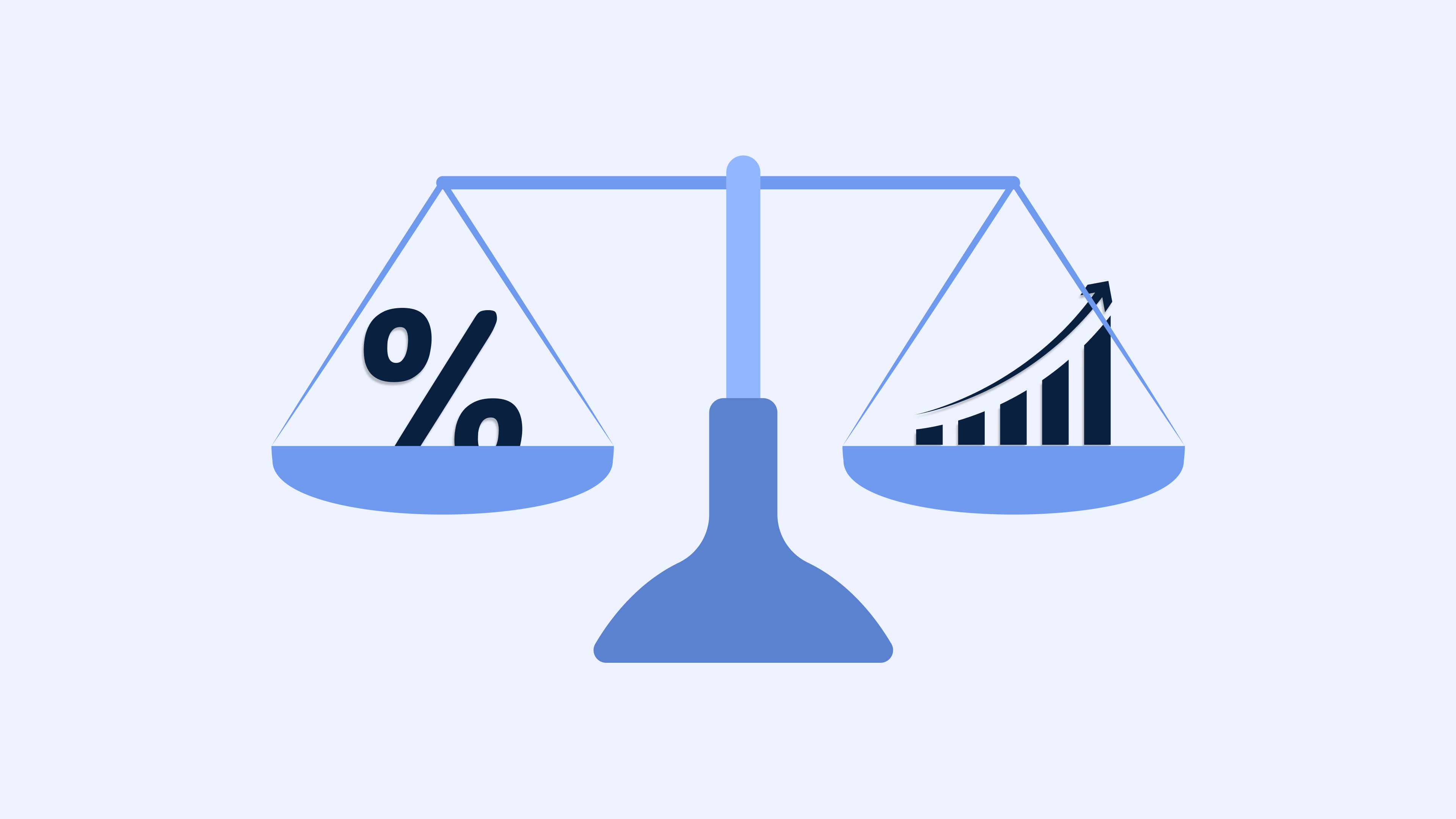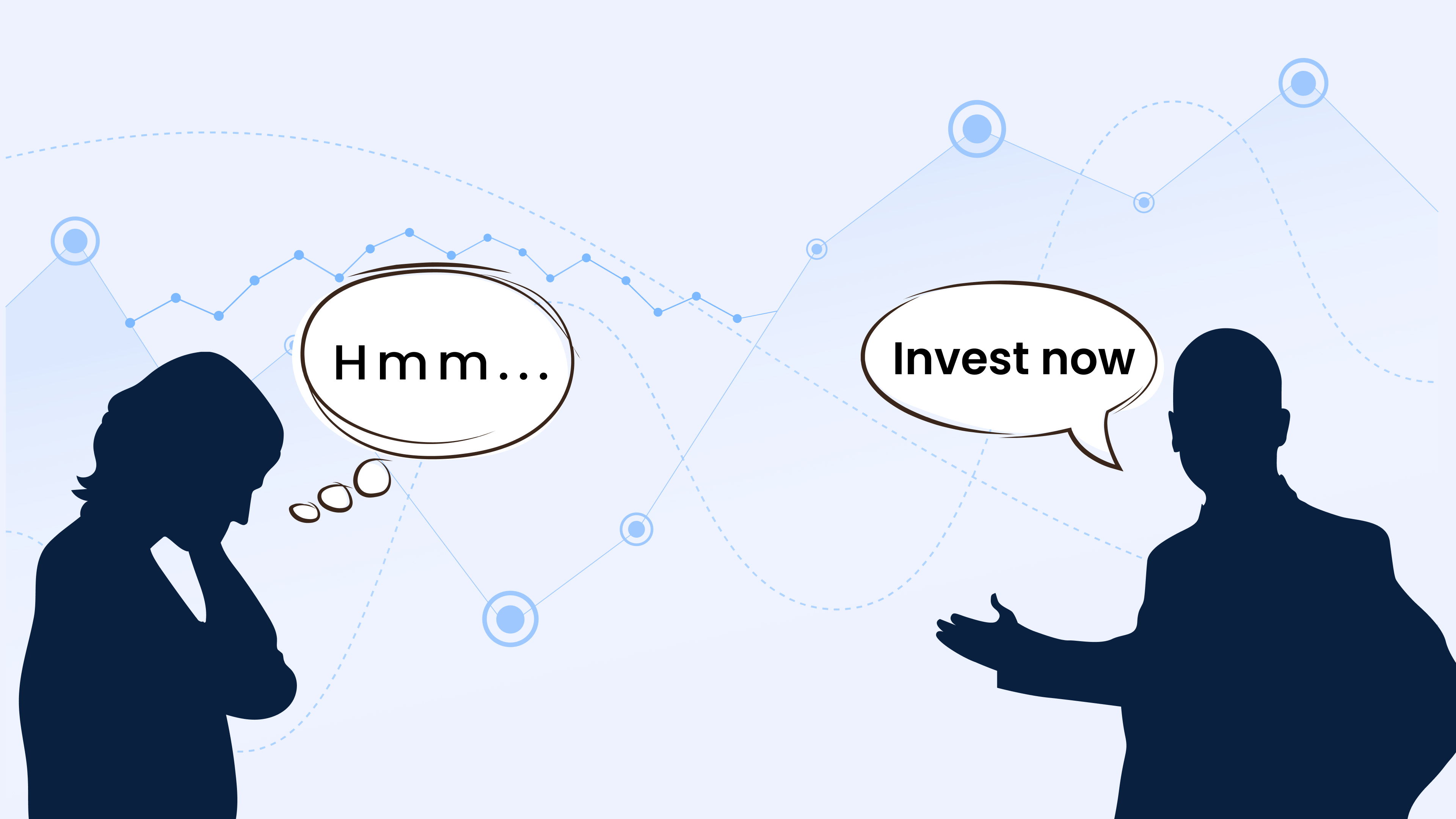- By Jasvir Biriah
- February 28, 2020
- 8 mins
The Consequences of Outsourcing our Investment Thinking and Competency
originally written in February 2020
In 2008 we saw the global financial crisis show a face that we've never seen before, the banking system was pushed to its limits and lessons were learnt by both people inside the industry as well as the investors allocating their own capital. It was different to the dot com bubble in 2000 and different to the crash of 1929, but with a similar personality in its recovery. Most recently, we have seen some of the biggest market falls in a generation due to the coronavirus pandemic, which has shut down countries and closed borders. The markets have reacted with over 25%+ drops into bear market territory with central banks tightening monetary policy to provide stimulus to sure up economies again.
Uncertainty and Human Emotion
The question remains, will this monetary easing 'on steroids' work this time around? The coronavirus pandemic has certainly pushed industries to their limits. This also applies to investors. The people who felt confident have started to doubt the prudence of their prior decisions, and I feel there is a lot more to play out amongst this uncertainty. Whatever the buzzword you use, a "V" shape recovery, or a U' shape recovery, there are many points to connect, and naturally, as with any crisis, there are many moving parts to consider. There are unforeseen risk events that could change the landscape both politically and economically at any moment.
Sounds confusing right? No, not really. Let's try and reason. We are investors in businesses first, and we know that the macro events are aspects of life and investing we cannot control. To gain the confidence back, we must revert to the inputs and the micro aspects of the businesses we own, we must revert to the fundamentals of real businesses and the effects on their cash flows as a result of the pandemic. We must try to remove the noise as investors. Some businesses will succeed coming out of this pandemic, but there will be losers too. This is where the rational investor must seek their solace, but it does require work and getting amongst those narratives and numbers, and not allowing the swings in the market to distract us from the real reasons we bought these equities in the first place.
Running parallel to the work, it has a lot to do with understanding our emotions, not buying into the analogy of 'removing emotions' entirely from the decision-making process. After all, we are human, we all have emotions, and emotions are amplified in times like these because of fear and uncertainty. So it's the basic human heuristics that we need to try and negotiate, and I believe through the thick fog of fear and doubt comes clarity.
Central Bank Stimulus Packages
Central banks providing stimulus could end up creating a strong floor in asset prices over the short term, and this should give businesses time to absorb the shocks. But I'm also very conscious that this is a different beast with the lockdown of people, and my question right now is the uncertainty behind the duration of the lockdowns and whether certain businesses have the balance sheet to take the pandemic pain. This will affect global economies, businesses, pensions, and companies with unsustainable corporate debt, there will be defaults, reduced company earnings, changes in sector valuations and many job losses.
However, over the longer term, this could be great for some businesses where consumer spending power bottlenecks explode into higher company earnings, but we could also see these spending cycles make some businesses overvalued over time with supply and demand imbalances. This expansion could make some valuations bloated over time. This is why cautious optimism anchored in real business valuations will win over time by focusing on business quality as opposed to short-term market volatility. Hindsight has the tendency to show us the same human psychology playing out time and time again. My advice in being able to think better still stands, let's have faith in quality businesses, valuations may change, and the stock price (the price of the whole business) may also change, but have faith in their earning and profitability. Do the number crunching and I will assure you the fog disappears on a company-by-company basis.
Economic depression cannot be cured by legislative action or executive pronouncement. Economic wounds must be healed by the actions of the cells of the economic body, the producers and consumers themselves.
Never Outsource Thinking and Risk
There is a whole passive investment product ecosystem for investors, this is fine for those investors who have no passion for learning about investing. But there is a lot to learn about these institutional products in times of stress. The falling markets over the last month have got me thinking about active long-term investments and the merits of individual businesses, and what risk management truly means during downturns. The argument for low fees and benchmark returns doesn't have the same shine anymore, and it shouldn't take a downturn to highlight these issues if we are truly being intellectually honest. Isn't it our moral duty to put our capital first and let the best ideas win?
Passive products just aren't nimble enough to react to sudden downturns, and even if we see a meteoric rise again in performance this doesn't take away the fragility in the way these products are structured. Advising clients to buy passive products at all-time highs increases the risks on capital considerably, especially when most of the earnings are from the top 10 companies listed on the US exchange. It doesn't matter how much a passive products increase in performance over the years to come, this fact will still bother me today, and it will bother me ten years out. My principles will not change. The beauty of individual companies is that indices can be at all-time highs, but this doesn't mean that 'ALL' businesses are overvalued. There will always be pockets of value at some point in time when it comes to quality businesses. This brings the spotlight back to how capital is allocated in actively managed portfolios, it's a lot more nimble to capitalise or derisk patiently. Passive investors and active investors (who aren't as active as you may think) may invest in the same market, but we aren't all playing the same game.
To my mind, this is where the biggest risks lie in investing, outsourcing our thinking to ready-made solutions for the masses where risk management is sold as a feature, but doesn't benefit from the features when everything falls, and the irony is that investors pull their capital at the worst possible times, and rinse and repeat the same process time and time again. There has never been any quality control during the inflows into passive products, so there tends to be irrational behaviour by the masses during the outflows. This simple fact blows my mind every time, but it tends to come across as low-hanging fruit many, but it really isn't.
The Opportunities in Controlling Capital and Risk
During downturns, we want to see capital control, whilst engineering risk as a real financial feature. Any investor understands, that with control and higher levels of certainty, comes a higher level of confidence. Over the past few weeks, the markets have naturally been volatile with speculation being rife about the future. We have seen 'limit down' mornings which stop opportunistic short selling, stock liquidations, and leveraged margin calls materialising in such a short space of time. ALL OF THIS, creates volatility, not because the individual businesses are bad. We have seen daily index swings of 6%+ moves up, and 6%+ moves down and trillions of dollars wiped off the markets. Everybody seems to have an opinion through media outlets as well as social media platforms. No one truly knows, but we can control what are in control of, and that's real business valuations and control over how we think and our capital, not outsourcing these functions to passive solutions for convenience.
If we are to couple the 'real' effects of coronavirus and the unforeseen economic effects still to play out in the 'real economy' of global SMEs, it becomes transparent that there is a lot more macro uncertainty to come. But, experience tells me, over the short term with central bank intervention and with ample private capital still in the game, never discount a quick recovery. This cocktail of uncertainty creates heightened tensions and panic, producing a lot of misinformation and volatility which isn't helpful in the context to making high-conviction investment decisions. There is a lot of noise to navigate, but this is also where the opportunities sit if you are prepared to analyse the facts and understand the differences in the global stock markets and the fundamentals of certain companies. Don't focus on the price of an investment, focus on the value, and most importantly check in with your own temperament as the world panics.
Independent Thinking and Accountability
Thinking independently enables us to reason, model scenarios and negotiate with high-level thinking which ultimately leads to some form of rational decision, that COULD be different to the consensus. It gives more certainty and control if we own our thoughts. Risk transfer and the concept of outsourcing are predicated on the idea that the risk on capital is transferred to an off-the-shelf product where the responsibility is alleviated to a third party, therefore, transferring the risk and accountability on that capital too. This creates fragility whether the performance is up or down for that particular year. I revert to our first principles of managing fragility first. If we manage fragility, we by default manage risk, and this is why we value independence of thought and accountability, because it truly matters in tough times like we have now.

Final Thoughts
Giving advice and the stewardship of client wealth is a privilege and comes with a high level of responsibility. With responsibility comes accountability, and wealth advisors 'should' meet this head-on rather than outsourcing their core thinking, strategy design, or providing off-the-shelf products where the risk can't be actively managed. There are no shortcuts to solving this predicament, and it can only be built from the ground up, not outsourced for ease or convenience. Over the years. I've come to observe that true independent thinking and solutions in the financial markets are rare. There's a lot of window dressing and it's time that we, the so-called 'experts' inside the industry take the responsibility to build more confident investors.
With lockdowns, we get free time that we wouldn't normally have. Let's use this downtime to rethink our investment values, philosophies, and what we truly stand for when it comes to our wealth. We must remind our clients to rethink their thinking too. I like the idea of mental gymnastics when there is an outcome worth discovering. We must encourage our investors to increase their knowledge pools over time, not to keep information away so we remain the solution. After all, it's their financial interests we are serving, not ours. Isn't it?
Author’s Disclaimer
The information contained in this post is for educational purposes only. All written content on this website are the opinions of the author. If shares or strategies are discussed, they should not be deemed as a recommendation to buy or sell any share, product or fund. We may have an interest in a strategy we discuss, and our advisory clients may be beneficiaries of our proprietary methodologies, investment tools and advice. Consult your advisor before making any buying or selling decisions in the public markets. Past performance provides no guarantee for future returns.

